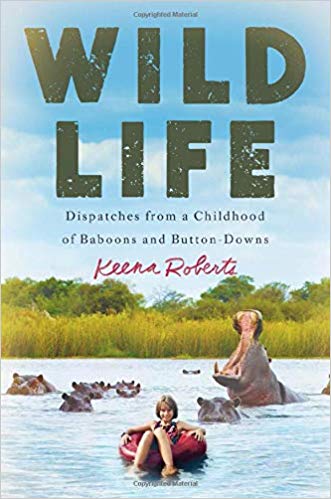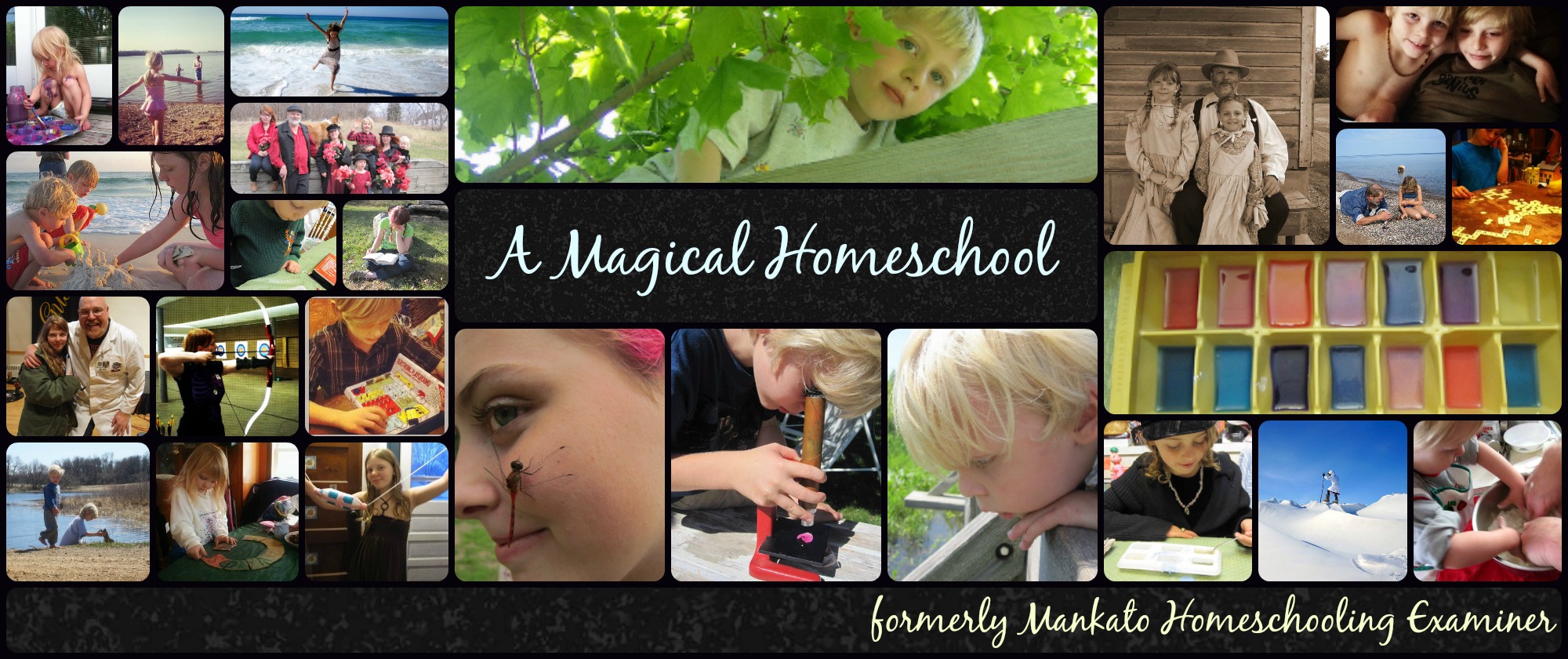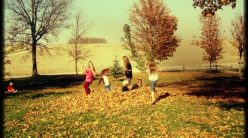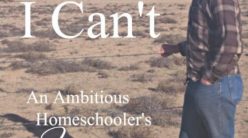
The newly released Wild Life: Dispatches from a Childhood of Baboons and Button-Downs tells the fascinating story of Keena Roberts’ life growing up partly in her parents’ research station in the middle of an African reserve and then part time in an affluent American suburb.
The publisher, Grand Central Publishing, describes the memoir:
Keena Roberts split her adolescence between the wilds of an island camp in Botswana and the even more treacherous halls of an elite Philadelphia private school. In Africa, she slept in a tent, cooked over a campfire, and lived each day alongside the baboon colony her parents were studying. She could wield a spear as easily as a pencil, and it wasn’t unusual to be chased by lions or elephants on any given day. But for the months of the year when her family lived in the United States, this brave kid from the bush was cowed by the far more treacherous landscape of the preppy, private school social hierarchy
Most girls Keena’s age didn’t spend their days changing truck tires, baking their own bread, or running from elephants as they tried to do their schoolwork. They also didn’t carve bird whistles from palm nuts or nearly knock themselves unconscious trying to make homemade palm wine. But Keena’s parents were famous primatologists who shuttled her and her sister between Philadelphia and Botswana every six months. Dreamer, reader, and adventurer, she was always far more comfortable avoiding lions and hippopotamuses than she was dealing with spoiled middle-school field hockey players.
In Keena’s funny, tender memoir, Wild Life, Africa bleeds into America and vice versa, each culture amplifying the other. By turns heartbreaking and hilarious, Wild Life is ultimately the story of a daring but sensitive young girl desperately trying to figure out if there’s any place where she truly fits in.
I pre-read the book this month to see if it would be a good read-aloud for my youngest three kids (ages 8, 12 and 16), and I think all three are likely to really enjoy it. While the kids are old enough that they read on their own most of the time (especially the older ones), we tend to enjoy having family read-alouds this time of year when it’s colder outside and it can make for cozy afternoons together. This book is the perfect fit for that kind of read-aloud, like a family movie that kids and adults alike enjoy together.
The book is composed of 24 chapters, each one being about right for a reading session. Chapter titles include A Dead Chicken and an Offer of Marriage, One Hundred Cases of Beer and a Man Eating Crocodile, and High School Water Hole.
The book starts when Keena is a young child, heading off to the wilds of Africa with her family as her parents embark on a long-term research project studying the social structure and communication of baboons. She generally grows up there, while coming “home” to an American house periodically that feels uncomfortable and alien to her.
Keena and her younger sister, Lucy, were homeschooled throughout their childhood in Africa, other than brief periods when they returned home and the girls were enrolled in school. However, once Keena reached high school age her parents decided she needed to be in school and the family lived a traditional life during the school year before Keena could escape to Africa again in the summers.
Keena’s life in Africa was pretty extreme, and it makes for good stories. She was one tough kid. Despite the sometimes terrifying and physically challenging ordeals of life in the African bush, though, Keena found American schools to be far more inhospitable and scary. She writes of being bullied for being the “monkey girl” throughout her years in school, and how she studied the popular students the same way she studied baboons in order to figure out ways to try to blend in and avoid as much bullying as possible.
The book is appropriate for younger kids for the most part even though it is marketed as a Young Adult book. There is occasional swearing and there are some scary situations, especially with animals. Keena occasionally writes about drinking beer during her childhood, though it would hardly seem fair that a child could be expected to be adult enough to drive a truck on a rescue mission, work all day doing animal research, care for her own serious injuries and help maintain a camp for over ten years but be seen as too young for a beer. Her parents come off as brilliant scientists and loving parents, but pretty soundly misguided at times. Occasional animal violence is described which may bother sensitive children.
The book ends as Keena embarks on her college life at Harvard, with an epilogue telling a bit more of what happened after she grew up.
Kids are likely to like Keena, who loves adventure and books but has no clue how to fit in with popular crowds or dress in style. It’s also interesting reading how her parents homeschooled her in a place with no internet, library or traditional resources. This is not a main focus of the book, but it was interesting when it was described.
Actual journal entries from Keena’s childhood are included in the text, which also adds to the appeal for kids.
The book is currently available in hardcover and as an e-book. You may be able to order it through your local library.
All in all, this is a fun memoir that reads like a modern adventure tale with a homeschooler as the heroine. Keena definitely comes off as a strong female lead!
I’m planning on starting it with my kids this afternoon and will report back on their thoughts.
If you read it, please comment with your thoughts!
Note: This post contains an affiliate link. Purchases made through this link earn us a small commission at no extra cost to you.





